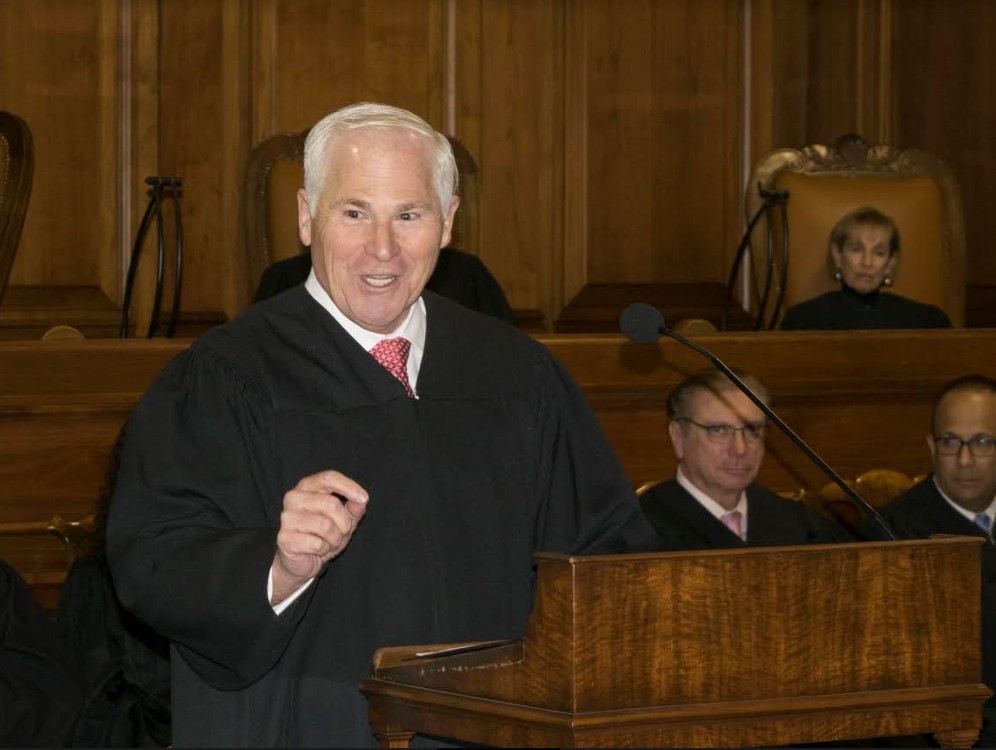Presiding Justice Scheinkman gains attention from decisions in family law cases
Past BBA president: We couldn't have a better steward to guide the ship

Justice Alan Scheinkman, presiding judge of the Appellate Division, Second Judicial Department, was recognized in a Law Journal article this week for a pair of recent decisions that attorney Dolores Gebhardt claimed, “showcase how his mastery of the practice area is shaping case law in the Second Department.”
The article focuses on two decisions from Newton v. McFarlane, published on June 5, 2019, that reversed a Family Court order and dismissed the mother’s petition in a custody case, and Matter of John, published on June 26, 2019, that involved a single, gay man who had his adoption petition dismissed in the Family Court.
In the case of Newton v. McFarlane, a mother sought sole custody of her 17-year-old child for the third time even as testimony from the child stated her desire to remain with her father. The Family Court granted that testimony; however, Justice Scheinkman reversed the decision on a couple of grounds.

Brooklyn Boro
View MoreNew York City’s most populous borough, Brooklyn, is home to nearly 2.6 million residents. If Brooklyn were an independent city it would be the fourth largest city in the United States. While Brooklyn has become the epitome of ‘cool and hip’ in recent years, for those that were born here, raised families here and improved communities over the years, Brooklyn has never been ‘uncool’.